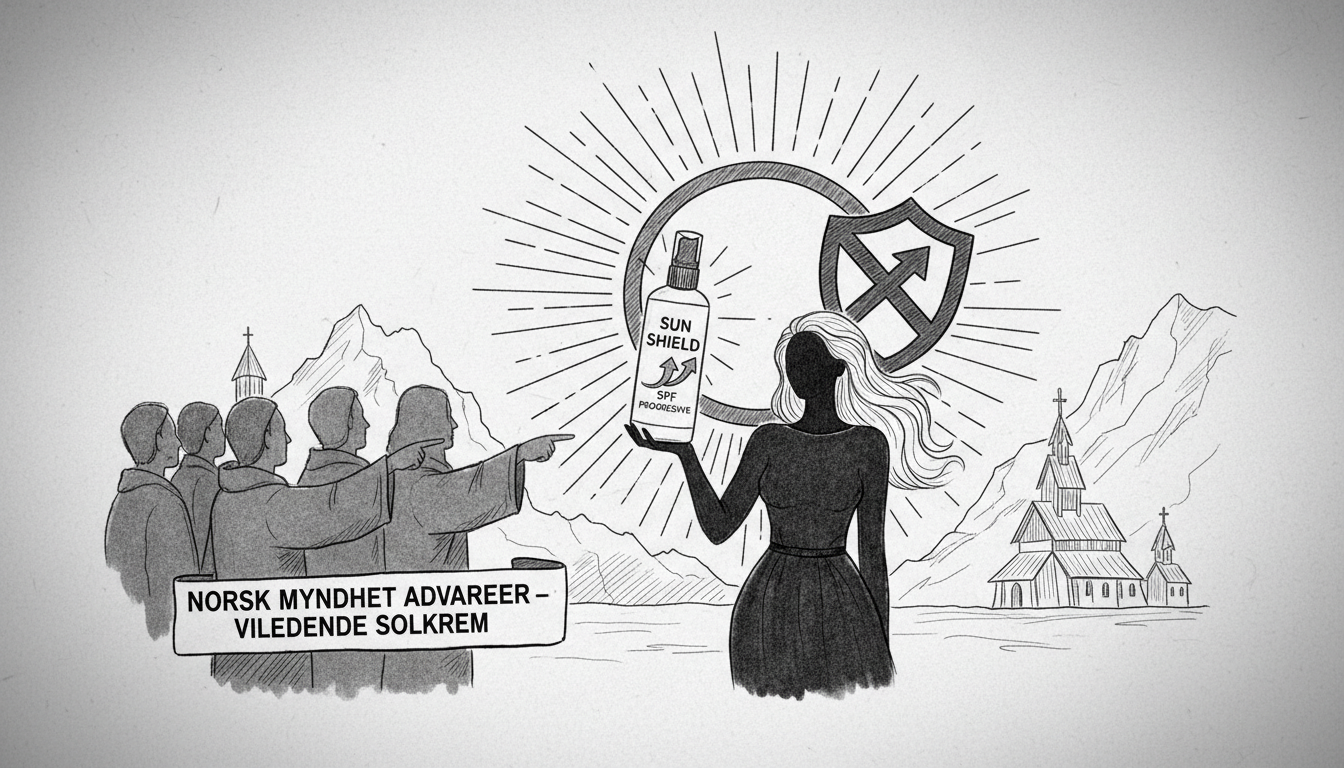Norwegian food safety authorities have issued a formal warning about sunscreen marketed by influencer Sophie Elise. The product, branded Glöd, faces allegations of misleading consumers with progressive SPF claims.
The Norwegian Food Safety Authority states the marketing creates false safety perceptions. Officials believe the product could endanger consumers. The sunscreen advertises increasing protection with additional layers. One layer supposedly provides SPF 20, two layers SPF 30, and three layers SPF 50.
Authorities examined documentation from the importer, Elle Basic AS. They concluded the product only offers SPF 20 protection. No evidence supports claims that protection increases with multiple applications. This finding directly contradicts the product's marketing message.
Elle Basic AS owns the Glöd brand through parent company Jordanes. The company must respond to the warning before authorities make final decisions. Company representatives maintain confidence in their product despite regulatory concerns.
Sophie Oraug-Rygh from Jordanes defended the sunscreen during the investigation. She stated they've maintained ongoing dialogue with regulators throughout the process. The company believes authorities view the product differently because it's new to Norway. The sunscreen remains available in other European markets.
Norwegian consumer protection standards rank among Europe's strictest. The country's regulatory framework emphasizes transparent product claims. This case highlights increasing scrutiny of influencer-marketed products in Nordic markets.
What does this mean for consumers? People who purchased this sunscreen might have received inadequate protection. Sunburn and long-term skin damage become real risks with insufficient SPF protection. Norwegian summers bring intense UV radiation despite northern latitudes.
The company acknowledges it will comply with final regulatory decisions. They've offered to relabel remaining inventory if required. This demonstrates the authority Norwegian regulators wield over product safety claims.
Similar cases have emerged across Scandinavia recently. Swedish and Danish authorities also tightened oversight of influencer-marketed health products. The trend reflects growing concern about social media's role in consumer safety.
International readers should note Norway's consumer protection approach differs from other markets. The country prioritizes preventive action against potentially misleading claims. This case shows regulators intervene before actual harm occurs.
What happens next? The company's response will determine whether the product remains available. Norwegian consumers should verify sunscreen protection levels independently. They might consider established brands with proven track records.
The situation raises broader questions about influencer product endorsements. Consumers increasingly rely on social media personalities for purchasing decisions. Regulatory bodies now recognize the need for closer monitoring of these promotions.
Norwegian authorities continue investigating the product's actual performance. Their findings could influence how similar products get marketed across Scandinavia. The case represents another chapter in evolving consumer protection for digital commerce.

